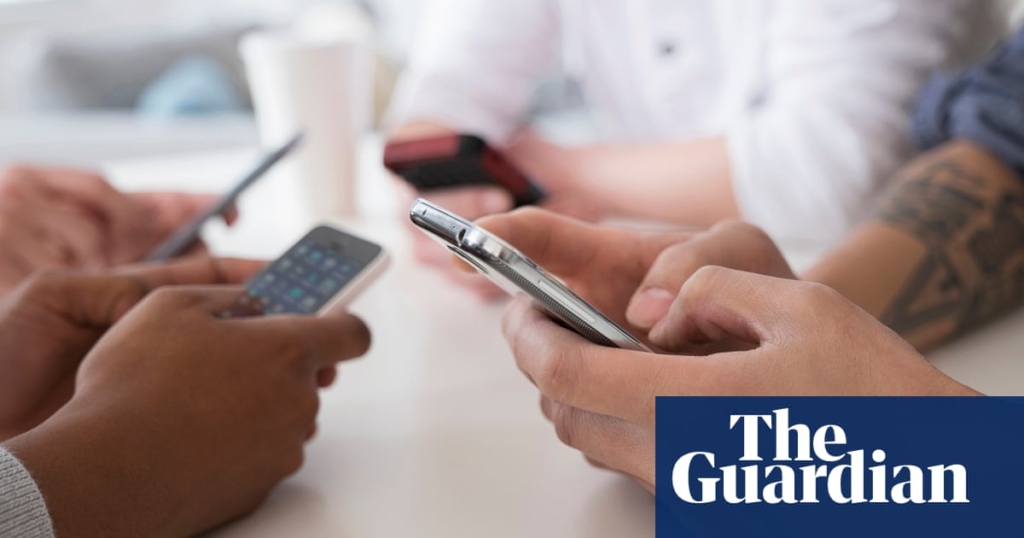Bu içerikte, Çinli hacker’ların dünya çapında birçok telekomünikasyon şirketine sızdığı ve Microsoft siber güvenlik araştırmacıları tarafından “Salt Typhoon” olarak adlandırılan bir ihlal gerçekleştirdiği belirtilmektedir. Bu siber saldırı, sadece kimin kime mesaj attığı veya aradığı ve ne zaman yaptığı bilgilerine erişim sağlamakla kalmayıp, aynı zamanda bazı mesajların içeriğine de erişim sağladı. Ayrıca, ABD’deki üç büyük telekomünikasyon ağını vurdu. Washington DC’deki hükümet yetkililerinin iletişimleri de dinlenmiş, aynı telekomünikasyon şirketleri tarafından saklanan internet tarama kayıtları da çalınmıştır. Hacker’lar, Donald Trump ve JD Vance’in telefonlarını ve Kamala Harris’in kampanya ekibinin telefonlarını kırmaya çalıştı ve başarılı olmuş olabilir. ABD’nin dinleme programı da ihlal edildi; orada saklanan çağrı kayıtları çalındı. Bir ABD senatörü bu olayı “ülkenin tarihindeki en kötü telekom hack saldırısı” olarak adlandırdı. Aynı hafta, İngiltere’nin telekom devi BT, konferans hizmetini ele geçirmeye çalışan bir saldırıya uğradığını açıkladı. Bu hacker grubu, FamousSparrow olarak da bilinen, 2020’den beri aktif ve İsrail, Suudi Arabistan, Brezilya, Kanada, Guatemala ve Burkina Faso’daki hükümet kurumlarına saldırdı. Ayrıca, bu grup, hükümetlerden daha fazla hedef aldığı bir başka favori hedefi olan otelleri de hedef aldı. Salt Typhoon saldırısı, ABD istihbaratına göre bir ila iki yıl sürdü ve devam ediyor. ABD analistleri saldırıyı Pekin’e, bağımsız siber güvenlik araştırmacıları da aynı şekilde atfetmiştir. ABD ulusal güvenlik danışmanları, çalışanlarını normal mesajlaşma uygulamalarını kullanmamaları konusunda uyararak, tüm iletişimlerini Signal, WhatsApp ve FaceTime gibi şifreli mesajlaşma uygulamalarında tutmalarını önerdi. TikTok’a yönelik yasaklama ya da satış zorunluluğunu onaylayan mahkeme kararına da yer verilmektedir. TikTok’un ABD’deki varlıklarını bir ABD şirketine satmaya zorlayan yasayı onaylayan bir federal temyiz mahkemesi kararına atıfta bulunulmaktadır. Karar, ABD hükümeti ile TikTok arasındaki yıllardır süren mücadelenin son gelişmesidir. TikTok, yasa ile ilgili acil bir yasaklama başvurusu yaptı ve ABD yüksek mahkemesinin “ifade özgürlüğünü koruma” konusunda karar vereceğine inandığını belirtti. Ayrıca, yasa hakkında “varsayımsal bilgilere” dayandığını, ancak ABD’nin Çin’in TikTok üzerinde içerik manipülasyonu yaptığını göstermediğini belirtti. Salt Typhoon saldırıları, Çin’in varsayımsalın ötesine geçebileceğini ve ciddi şekilde küresel müdahalede bulunabileceğini göstermektedir. Ayrıca, yasa gereği satış/zorunlu satış altında yatan kanıtların eksikliği de vurgulanmaktadır. Mahkeme, “Hükümet, PRC’nin TikTok’u ABD’de içeriği manipüle etmeye zorladığını gösteren özel istihbarata sahip olmadığını kabul ediyor… Hükümetin gerekçesi aslında PRC’nin platformdaki içeriği gizlice manipüle etme riskiyle ilgilidir” şeklinde bir açıklama yapmaktadır. Yasağı temellendiren şey, manipülasyonun kendisi değil, manipülasyon tehdidi, fikri olarak yapılan manipülasyon. TikTok, diğer taraftan, “PRC’nin TikTok platformundaki içeriği hiçbir zaman manipüle ettiğini açıkça inkar etmemiştir” şeklinde bir açıklama yapmaktadır. Karar veren üç kişilik panelin bir üyesi olan Yargıç Sri Srinivasan, şirketin varlıklarını satmaması durumunda ABD TikTok kullanıcılarının ifade özgürlüğüne yönelik tehdidi kabul ettiğini belirtti. Bu içerik, ABD vatandaşlarının ifade özgürlüğü, topluluk kaynağı ve hatta gelir kaynağını kaybetme riskiyle karşı karşıya olduğunu belirtiyor. TikTok’u kullanan 170 milyon Amerikalı, hem ifade hem de bilgiye erişimden mahrum kalacak. Yargıçlar, özellikle devralma izni veren maddenin Birinci Değişiklik meydan okumasını “kabul edilebilir” buldu. TikTok itiraz ederken, gizli içerik manipülasyonunu engellemenin bir devletin meşru çıkarı olduğunu belirtildi. Teknoloji sektörünün ABD başkanlık seçimlerine yaptığı milyonlarca dolarlık bağışlar da ele alınıyor. Silikon Vadisi bu seçimde 230 milyon dolardan fazla parayı ABD başkanlık seçimlerine aktardı. Trump, teknoloji sektörünün en büyük isimlerinden 133 milyon dolar bağış aldı. Konuyla ilgili daha fazla detayı öğrenmek için verilen bağlantıya tıklayabilirsiniz. Teknoloji sektörü, Trump’ın kripto endüstrisine olan yaklaşımından nasıl etkilendiğini de ele alıyor. David Sacks gibi isimlerin ataması ve kripto şirketlerine verilen desteklerin sektöre önemli kazançlar sağladığı belirtiliyor. Teknoloji sektöründeki geniş kapsamlı gelişmelere daha fazla bilgi almak için verilen bağlantıya tıklayabilirsiniz. Bu içerikte, içerik açıklaması oluşturulması gerekmektedir. İçeriğin konusu, ele alınan konular, sunulan bilgiler ve hedef kitlesi gibi detaylar içerik açıklamasında belirtilmelidir. Bu sayede okuyucuların içeriğin ne hakkında olduğunu daha iyi anlamasına yardımcı olunabilir.
[ad 1]
Kaynak: www.theguardian.com





Yorumlar kapalı.